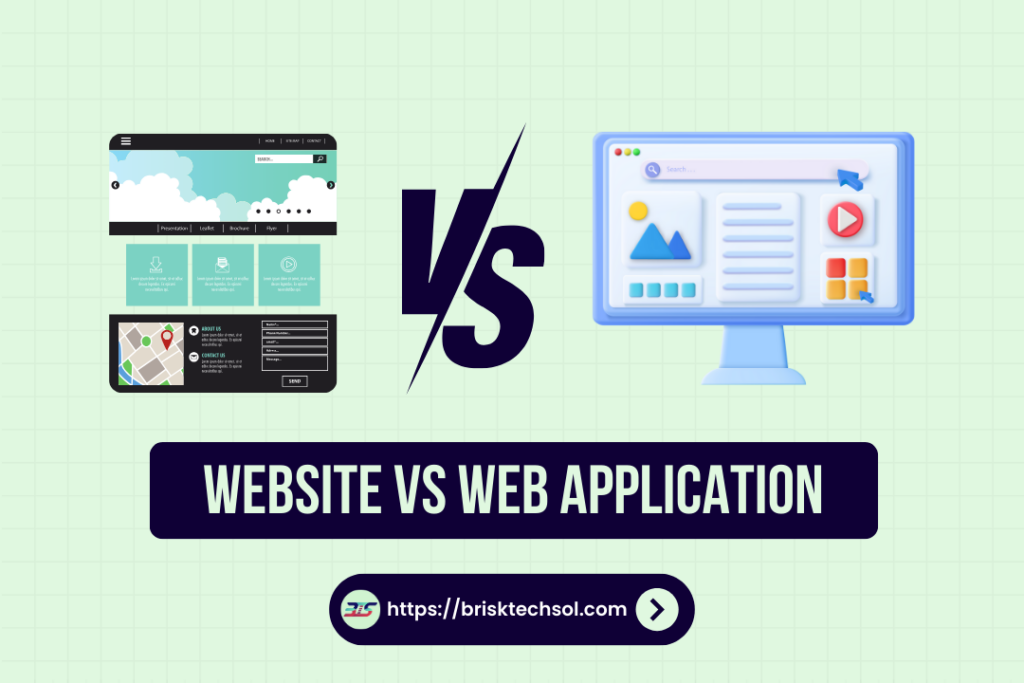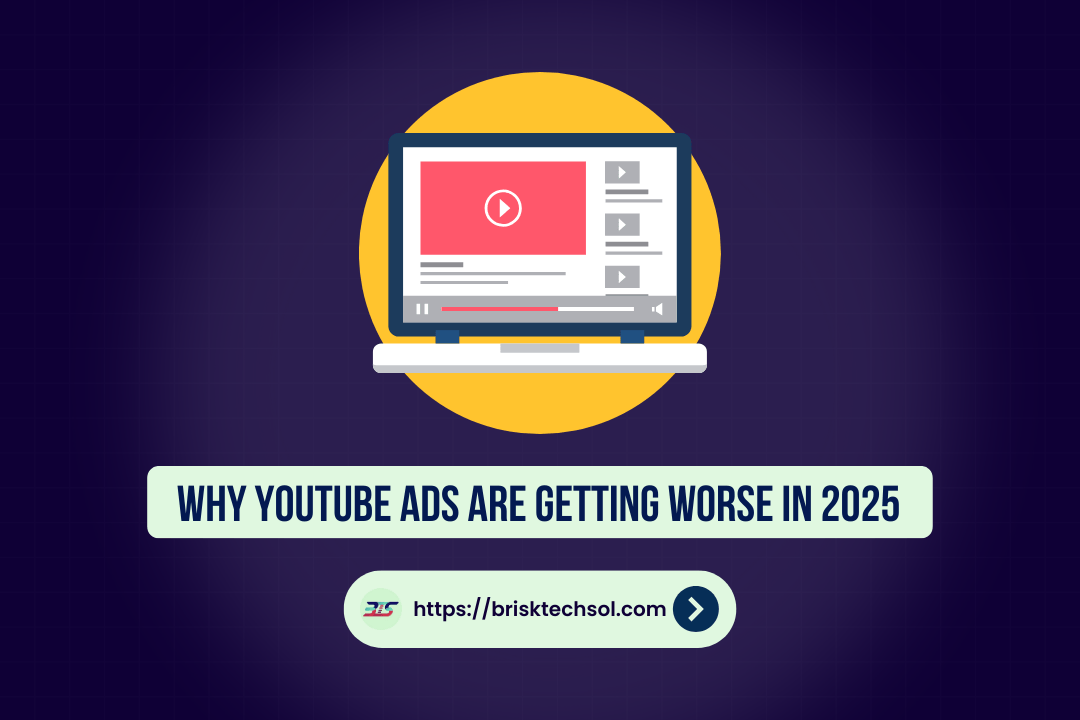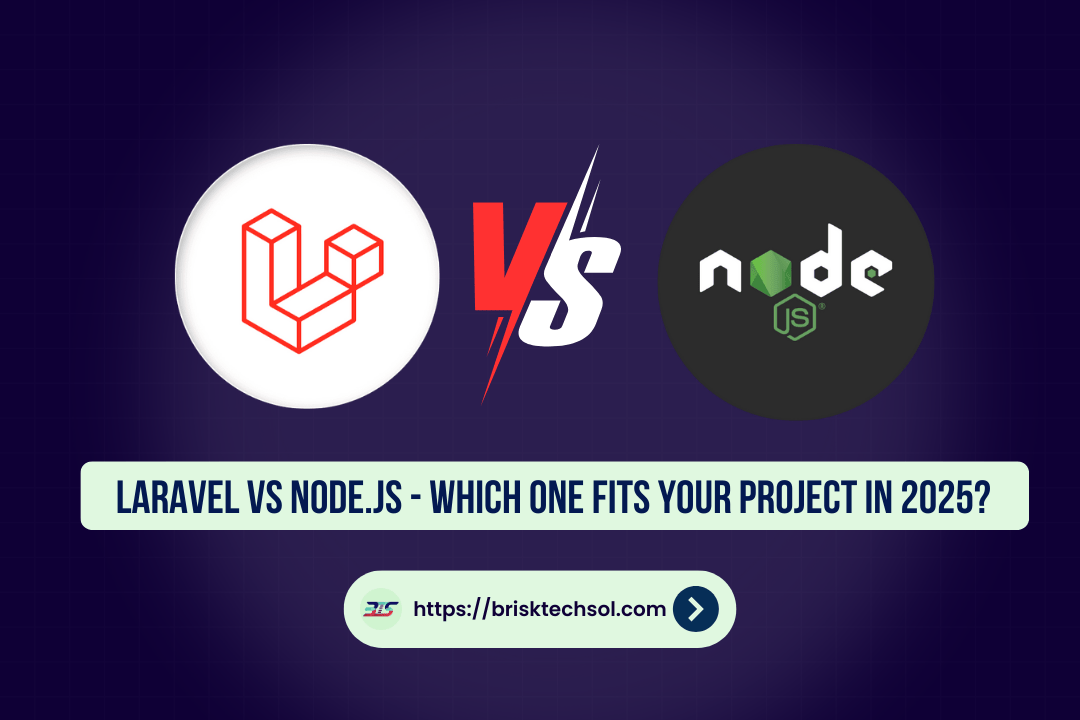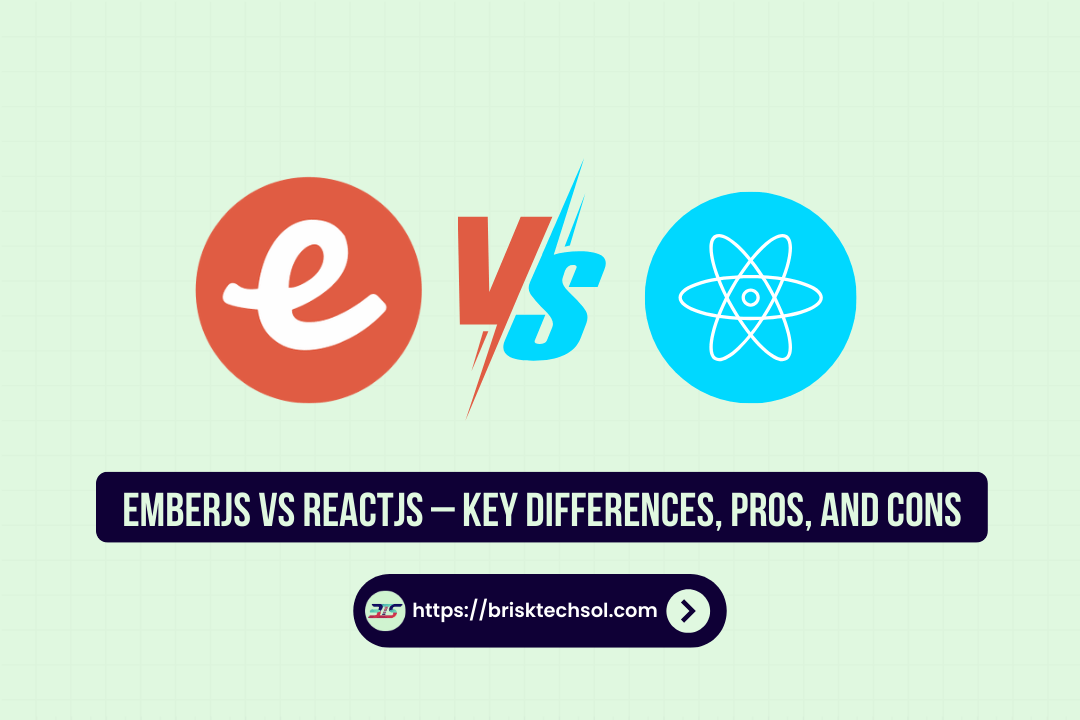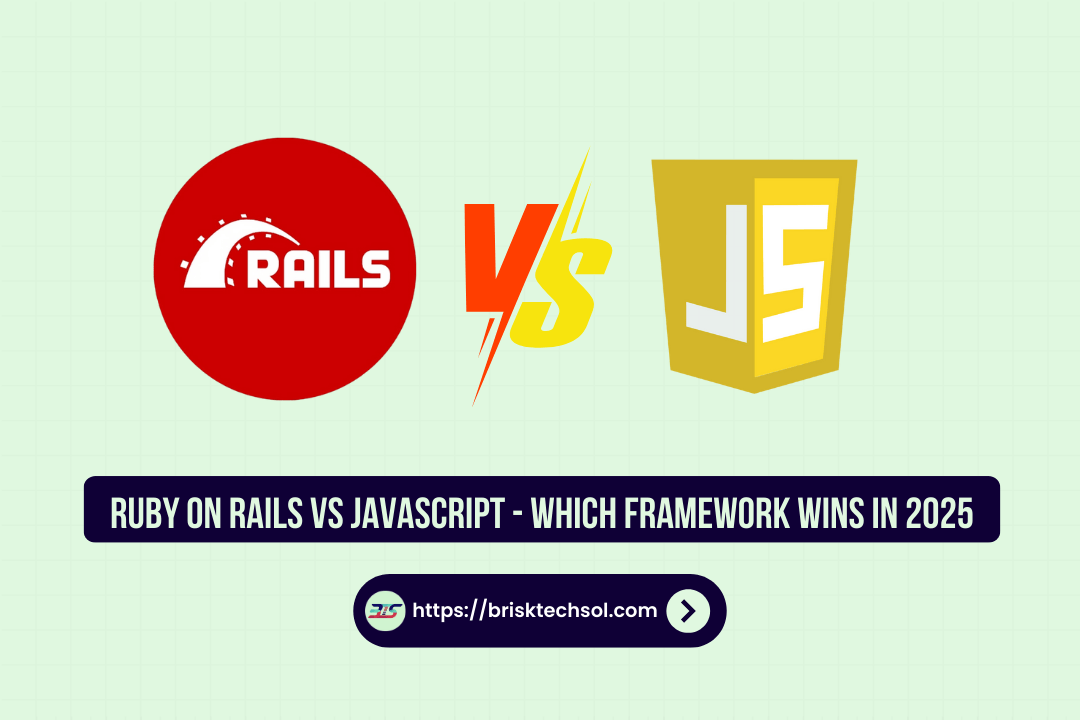Choosing between a web app and a website can be confusing. Both serve different purposes, but which one is right for your business? In this article, we’ll break down the key differences, helping you decide which option will best meet your needs and goals.
Key Points: Differences Between a Website and a Web App
Purpose
- Websites: Primarily static platforms designed for viewing and reading content, such as news sites, blogs, and informational pages.
- Web Apps: Dynamic platforms focused on user interaction and functionality, examples include online banking systems, social media platforms, and e-commerce sites.
Development Complexity
- Websites: Easier to develop, requiring foundational web technologies like HTML, CSS, and sometimes JavaScript.
- Web Apps: More complex to create, requiring advanced programming skills and technologies to handle intricate functionalities.
Interactivity
- Websites: Serve to display information with minimal interactivity.
- Web Apps: Highly interactive, enabling users to perform tasks and engage with the system.
Authentication
- Web Apps: Often require user registration to store data and offer personalized services.
- Websites: Typically do not require authentication unless specific user interactions demand it.
Flexibility and Updates
- Websites: Easier to update and modify without redeploying the entire platform.
- Web Apps: Updates may involve more complex processes due to integrated functionalities.
Integration
- Both websites and web apps are accessible via web browsers and play critical roles in an organization’s online presence. It’s common for web applications to be integrated within existing websites for seamless functionality.
What is a Website?
A website is a collection of interconnected web pages accessible via a browser. It serves as a static or dynamic platform to share information, promote products, or connect users.
Key Features of a Website:
Accessibility: Websites are accessed using a unique domain name through internet browsers.
Types of Websites:
- Static Websites: Provide pre-written content and require manual updates. Example: a personal blog.
- Dynamic Websites: Offer interactive elements, often pulling data from a database. Example: e-commerce sites.
Common Use Cases:
- Company portfolios
- Informational blogs
- News portals
Pros of a Website:
- Easy to set up and maintain.
- Cost-effective for small businesses.
- Broad reach and SEO-friendly.
Cons of a Website:
- Limited interactivity.
- Not ideal for complex functionalities.
What is a Web App?
A web application, or web app, is a dynamic, interactive platform that performs specific functions. Unlike websites, web apps emphasize user interaction, often mimicking the behavior of native apps.
Key Features of a Web App:
Interactivity: Designed for tasks like booking appointments or managing accounts.
Types of Web Apps:
- Progressive Web Apps (PWAs): Combine the best of web and native apps, offering offline functionality and faster load times.
- SaaS Applications: Examples include Gmail and Canva.
- Accessibility: Accessible through browsers, often optimized for mobile users.
Pros of a Web App:
- High interactivity and dynamic performance.
- Advanced features like offline mode.
- Suitable for complex business processes.
Cons of a Web App:
- Higher development and maintenance costs.
- SEO optimization can be challenging.
Key Differences Between Web Apps and Websites
Functionality and Interactivity
Web apps focus on interaction, allowing users to perform tasks, while websites primarily present information.
| Feature | Website | Web App |
|---|---|---|
| Accessibility | Browser-based | Browser-based or installable |
| Purpose | Informational | Task-oriented |
| Cost | Affordable | Relatively high |
1. User Interaction and Functionality
- Website: Primarily serves informational purposes. Websites are designed for browsing and reading. They typically don’t require users to perform tasks beyond clicking or scrolling.
- Example: A blog post, an article, or a service landing page.
- Web App: Highly interactive, allowing users to perform various tasks such as completing forms, making payments, or interacting with data in real time.
- Example: Online banking platforms, social media sites, or online marketplaces.
2. Development and Complexity
- Website: Websites are usually simpler to develop, often built with HTML, CSS, and JavaScript. Static websites can be built with minimal coding, and even dynamic websites typically require basic server-side technologies.
- Web App: Development is more complex. Web apps require both front-end (UI) and back-end (server-side) development. Technologies like JavaScript frameworks (React, Angular, Vue.js) and server-side languages (Node.js, Ruby on Rails) are often used to create web apps.
3. Performance and Speed
- Website: Websites, particularly static ones, are quicker to load and don’t rely on constant server communication once the page is loaded.
- Web App: Web apps can be slower, as they need to communicate with the server frequently to process user input and provide a responsive experience. This can lead to longer load times, especially for complex apps.
4. Security
- Website: Websites require basic security features such as HTTPS encryption and SSL certificates, especially if they handle sensitive data like customer information.
- Web App: Web apps require more advanced security protocols since they interact with sensitive user data and perform complex tasks. Regular updates and protection against hacking attempts are necessary to keep data safe.
5. Device Compatibility
- Website: Websites are generally more versatile and can be accessed across a wide range of devices and browsers without any specific configurations.
- Web App: Web apps are designed to be mobile-friendly and often require certain browsers or the installation of software to work optimally.
6. Cost and Maintenance
- Website: Websites are cheaper to build and maintain. A small business website typically costs less than a web app and requires less frequent updates.
- Web App: Due to the complexity of development and continuous need for updates and server maintenance, web apps are typically more expensive to develop and maintain.
When to Choose a Website vs. a Web App?
Choosing between a website and a web app depends on your business goals, budget, and the nature of your digital presence.
Choose a Website if:
- Your primary goal is to provide information (e.g., company details, blog posts).
- You need a simple online presence for marketing or personal branding.
- You have a limited budget for development.
- You don’t require user interaction or dynamic content.
Choose a Web App if:
- You need advanced functionality like user logins, real-time data processing, or complex forms.
- Your business model requires ongoing user interaction (e.g., e-commerce, SaaS).
- You are building a platform for customers to engage in complex tasks.
- You are looking to scale your digital infrastructure with additional features over time.
Web Apps and Websites in the Modern Business World
Both websites and web apps play crucial roles in today’s digital ecosystem. Large corporations like Amazon and Facebook utilize both: their websites provide general information and facilitate customer outreach, while their web apps (like Amazon’s shopping platform and Facebook’s messaging service) allow for deeper customer engagement.
Case Study: E-Commerce Industry
E-commerce businesses, such as Shopify, often utilize both websites and web apps. A Shopify store might have a website for showcasing products and a web app that lets users manage their products, track shipments, and interact with customers in real time.
Conclusion
In the end, both websites and web apps serve distinct purposes. Websites are great for providing informational content to users in a straightforward manner, while web apps are designed to offer functionality and interactivity. Businesses should carefully assess their needs, budget, and long-term goals before deciding between the two.
If you need a simple, static presence, a website will likely meet your needs. But if your business demands interactive features, real-time processing, or user-specific content, then investing in a web app may be the best decision.


